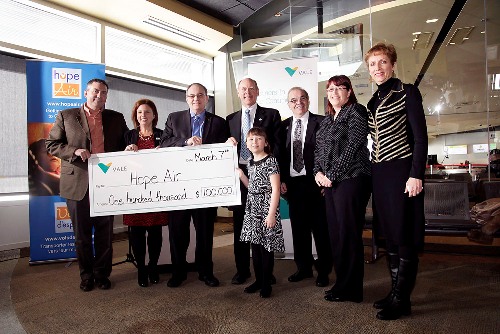The National Post is Canada’s second largest national paper.
The rising potential of human rights cases and securities class actions, along with some new Canadian government regulations, show that if a company pays lip service to corporate social responsibility, it does so at its peril.
Indeed, lawyers tell me it’s becoming standard for them to include a review of a target company’s public statements on CSR when they conduct their pre-transaction due diligence.
Digest that thought for a moment. Grandiose statements on CSR that might have once been dismissed as mere public relations fluff are now becoming red flags that could threaten pending M&A deals.
Due diligence traditionally focuses on flagging the legal risks that might emerge from a company’s contracts or financial obligations. A target company might express support for a set of voluntary third-party CSR protocols, but not give them much legal weight because they’re not binding contracts or laws enforced by a government.























